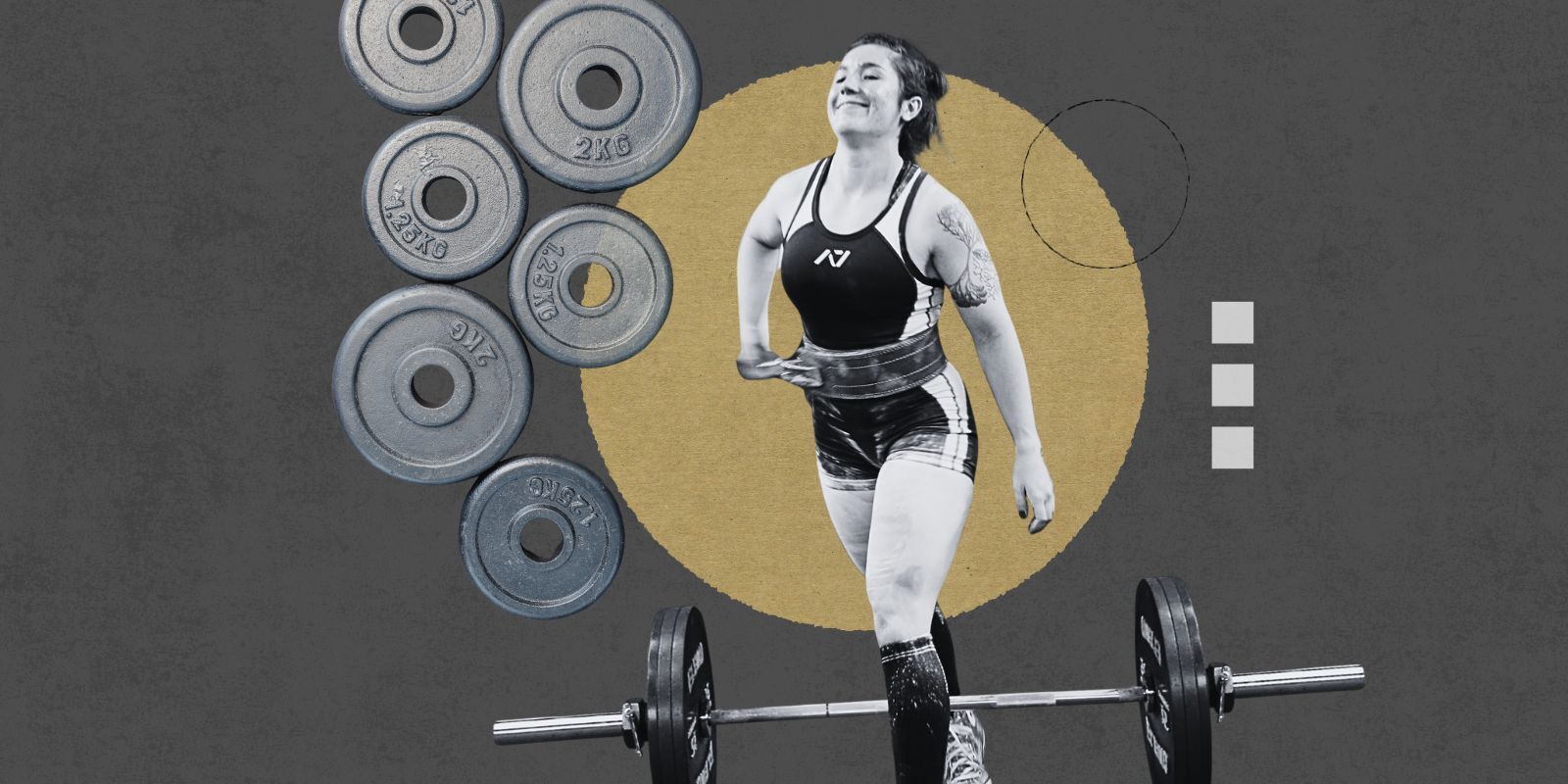Six women have now developed a rare type of blood clot after receiving the Johnson & Johnson vaccine. Can you put that in perspective, in terms of overall numbers of people vaccinated and how rare this reaction is?
Mehta: This is a rapidly changing situation. It's possible that it's just a coincidence, but if not, as of today, we are looking at six blood clot cases out of 7 million Johnson & Johnson vaccines administered. The current COVID death rate for the entire U.S. population is in excess of 1,500 per million.
Do the women affected have any underlying health issues that makes them more susceptible to developing these clots?
Mehta: There are no comorbidities or other issues that we know of. They are all women between the ages of 18 and 48, which we would consider to be on the younger side, who develop the clot less than three weeks from administration of the vaccine. Beyond that, they’re not reporting on anything else we would typically associate with blood clots, like smoking status or using oral contraceptives.
What makes these blood clots so rare?
Mehta: Severe blood clots typically form in the legs, break off and go to the lungs, and people can die from them. Big risk factors are being on a plane for a long time, having cancer, being on oral contraceptives, and smoking. What’s happening with the Johnson & Johnson vaccine is a different situation. It’s associated with low blood platelets. It’s a unique case where they are actually forming clots in the setting of having low platelets because the platelets are being used up. It’s a very different mechanism than other blood clots, which is why it’s raised a little bit of an alarm.
Is there something specific about the way the Johnson & Johnson vaccine works that is causing this to happen?
Chauhan: Most of these reports have been associated with the AstraZeneca or the Johnson & Johnson vaccine, so the postulation is that it’s probably related to the adenovirus vector that is in the vaccine, which is very different from the Pfizer and Moderna vaccines. So far, people seem to be thinking that may have something to do with it, but it’s very early and very difficult to say what is causing it. The CDC and FDA are evaluating all the data, but it is difficult to say what is causing these clots.
Mehta: Pfizer and Moderna are completely different technology, a completely different platform, with now over 150 million doses administered without observing this type of event. Johnson & Johnson and AstraZeneca utilize a different technological platform called a virus vector. They take an adenovirus, which is the virus that can cause the common cold, and they take one that’s inactivated, meaning it can’t actually make anybody sick, it can’t replicate or duplicate itself, and they add DNA from COVID for the spike protein. They inject it in the body, and then your own body actually makes the spike protein based on that DNA code.
What about that virus vector technology makes the blood clots a possibility?
Mehta: The thought is that it’s an autoimmune response, meaning something in the injection is inducing your immune system to create an antibody that activates the platelets. You form these blood clots, which utilizes all your platelets, so your platelet level is low, but you’re forming blood clots. It’s a very unique setting, actually very similar to another condition that we are very familiar with called HIT, or heparin-induced thrombocytopenia.
What is that condition, and how does it compare to the blood clots these women have developed after taking the Johnson & Johnson vaccine?
Wohlauer: Heparin-induced thrombocytopenia occurs in up to 5% of patients as a side effect of a medication that’s really life-saving. We use heparin all the time in the hospital to prevent blood clots. It is routinely given during vascular surgery, transplant surgery, and during open heart surgery. It’s the most commonly used anticoagulant in the hospital. A subset of patients who receive heparin form antibodies to platelets, which is the same mechanism we’re seeing with the vaccine. Heparin-induced thrombocytopenia happens a lot more commonly than the frequency we’re seeing the low platelets and blood clots happening with the J&J vaccine. Heparin is a medication that most people who have been to the hospital have received. It’s ubiquitous. And it’s a safe medication.
Mehta: If you gave a million people heparin, you would expect somewhere around 50,000 people would develop this condition. Almost every single person in the hospital receives heparin because it’s administered to prevent clots. And it is viewed to be a completely safe medication. We know how to manage the reaction to it because we can recognize it, we look for it, and then we have treatments for it. Part of the pause on the Johnson & Johnson vaccine is to educate physicians. If somebody comes into the hospital with a clot in their leg — say they just recently took a flight or they’re a heavy smoker or they have cancer — the treatment is actually heparin. With the Johnson & Johnson vaccine reaction, it’s a clot in a different location, so you’re going to have other symptoms like a terrible headache two weeks after a vaccine. And it’s a situation where you don’t want to give heparin. What they really wanted to emphasize were the symptoms to look for, and that you should be concerned about this unusual constellation of clotting and low platelets to initiate a different treatment pathway.
Was there a problem with the Johnson & Johnson clinical trials that this reaction wasn’t discovered earlier?
Chauhan: In the Johnson and Johnson study, one patient out of over 43,000 participants was reported to have a clotting issue, but one patient in the placebo group also had a similar issue, so it was difficult to attribute this issue to just the vaccine. Since emergency use authorization, the vaccine is being given on a much larger scale, which is probably why we are beginning to see more cases now. This is not uncommon; it happens all the time with other medications. It gets approved, and then post-marketing, we start to see reports of more adverse effects or a new side effect that was not reported in trials.
Mehta: The best heart medication out there for a heart attack or high blood pressure is studied in 2,000 people, maybe 3,000, in a clinical trial. The COVID-19 vaccine trials enrolled more than 30,000 people. And these were diverse populations.
Why is it important for people to keep getting vaccinated, even though this rare reaction to one specific vaccine is now coming to light?
Mehta: We have to weigh the number of lives that would be lost because of mass vaccination versus the numbers of lives that would be saved. Seven million people vaccinated translates to thousands of people saved by preventing COVID infection.
How concerned should people be about the pause on the Johnson & Johnson vaccine? Does this cast any doubt on the COVID-19 vaccines in general?
Mehta: They never would have found this blood-clot reaction if they weren’t actively looking, so everyone should applaud the fact that people are looking at the safety. It’s not like we just authorized this and everyone walked away. The foremost thing on everybody’s mind continues to be safety around these vaccines. Pfizer and Moderna have no association with this side effect whatsoever. While hesitancy around the J&J vaccine is to be expected now, it should not affect willingness to receive the other vaccines. If you don’t want Johnson & Johnson, just get the other ones. They’re effective, and over 150 million doses have been administered.
Chauhan: The pauses for the Johnson & Johnson and AstraZeneca vaccines are out of caution to evaluate the safety data. These pauses are mainly in Europe and the U.S. The J&J vaccine is still awaiting approval and rollout in many countries. Countries especially in Asia and Africa are continuing with the AstraZeneca vaccination. The World Health Organization gave a statement suggesting that the benefit of vaccination outweighs the risks, and hence vaccination should continue.
Wohlauer: Doctors are here for you. As COVID continues to take its toll on our communities, we know that vaccines are very effective at preventing infection. The entire medical community takes any adverse effects to medications/vaccines -- no matter how rare they are -- very seriously. Please call if you have any questions or concerns. The CDC offers the following guidance: “If you have received the Janssen/J&J COVID-19 vaccine and develop severe headache, abdominal pain, leg pain, or shortness of breath within three weeks after vaccination, contact your health care provider or seek medical care.”







